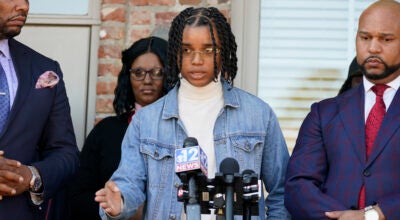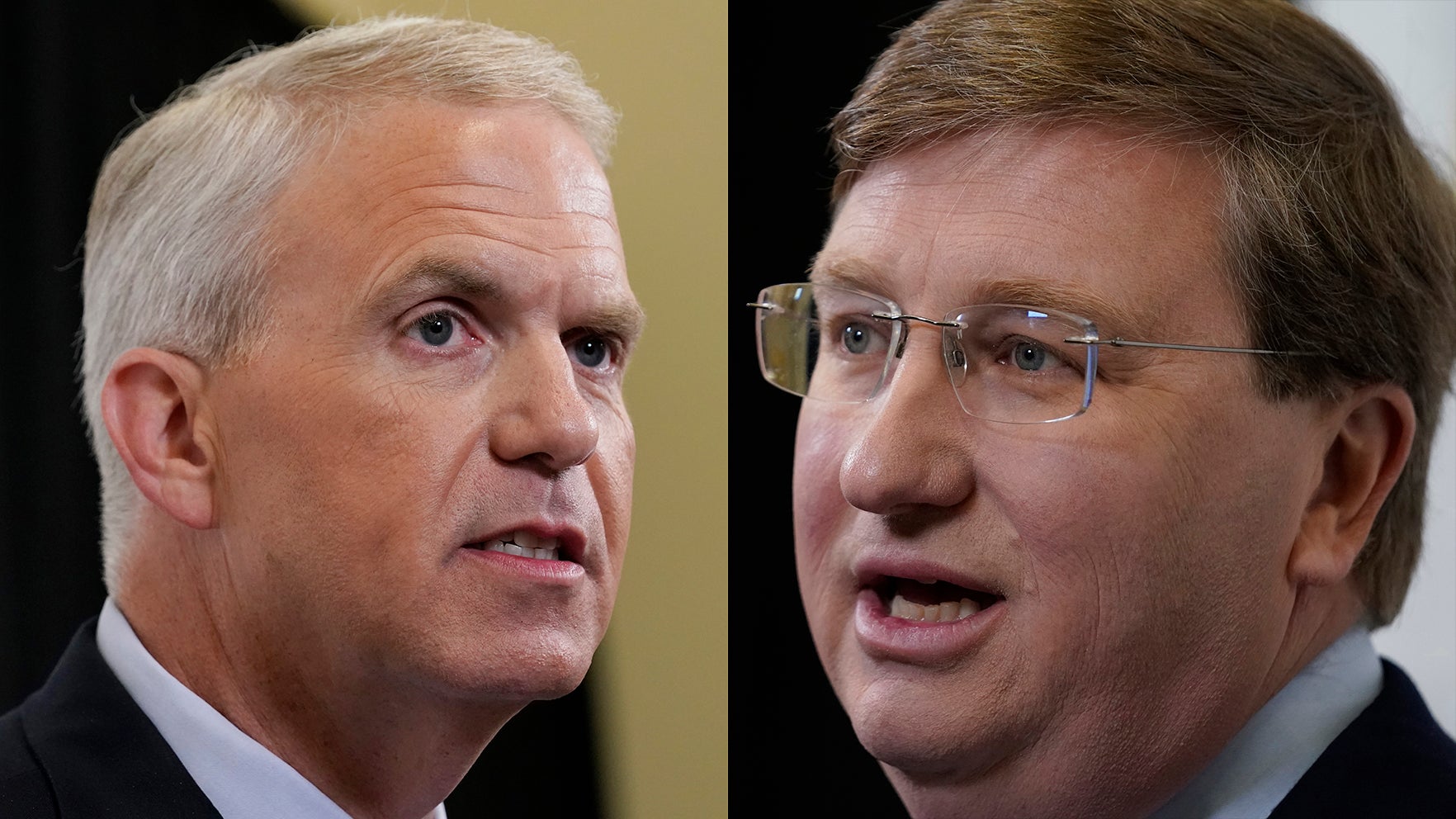Judge wants new look at Mississippi prison conditions before ruling
Published 3:57 pm Sunday, August 26, 2018
Judge wants new look at prison conditions before ruling
By JEFF AMY, Associated Press
JACKSON, Miss. (AP) — A federal judge wants experts to re-examine a privately run Mississippi prison after a trial where inmates claimed unconstitutionally harsh conditions
Friday’s order by U.S. District Judge William Barbour comes more than four months after a five-week trial over conditions at East Mississippi Correctional Facility near Meridian. A group of inmates represented by the American Civil Liberties Union and Southern Poverty Law Center claiming the prison was so unsanitary, unhealthy and unsafe that it violated the U.S. Constitution’s Eighth Amendment protection against cruel and unusual punishment.
East Mississippi is home to 1,200 inmates, 80 percent of whom have been diagnosed with a mental health condition. The case is a key clash in a nationwide war over the use of privately-run prisons. One of Attorney General Jeff Sessions’ first orders after President Donald Trump assumed office was to reverse an Obama-era directive phasing out federal use of private prisons.
One lead state attorneys, William Siler, said during the trial that the two groups suing the state “… want private prisons out of business.”
Barbour writes that conditions may have been unconstitutional when the lawsuit was filed or when experts evaluated the prison in 2016.
“This evidence shows that significant problems existed at or near the time the lawsuit was filed,” he wrote, saying he might have been forced to order improvements, effectively taking over the prison, if those conditions had continued.
However, Barbour writes that his own visit during the trial showed otherwise and that the Mississippi Department of Corrections argued at trial that other key improvements had been made.
“The decrepit cell and common-area conditions that were documented as having existed when the lawsuit was filed in 2013, were not present when the facility was toured by the undersigned during trial,” he wrote.
Barbour cited the leadership of Warden Frank Shaw, who was hired by Utah-based Management and Training Corp. Barbour said improvements include testing a light fixture less susceptible to inmate sabotage, better locks, an expanded medical care area, better distribution of medications and a more nutritious food service company.
He said he wants experts from both the plaintiffs and the state to re-examine medical care, mental health care and prison staffing numbers to ascertain whether those conditions have also improved. He ordered reports filed by December, with a possible hearing in January.
Jody Owens, a lawyer for the Southern Poverty Law Center, said the plaintiffs don’t believe conditions have improved much and welcome their experts’ return to the facility for the first time since 2016.
“Either way, it’s a win-win for our clients,” Owens said. “Either the facility will be better, which is great for our clients, or they will have to acknowledge they haven’t been forthcoming about the changes that have been occurring.”
The state Department of Corrections declined comment Friday and MTC didn’t immediately respond to an email seeking comment.
Inmates testified to finding rodent droppings and cockroaches in the prison’s kitchen, seeing sewage backing up into cells and showers and having inoperable lights in their cells for weeks at a time. Inmates said guards responded slowly in medical emergencies, and the groups said one inmate died this year after lying unconscious in his cell amid his feces and urine while other inmates banged on doors seeking medical assistance.
Inmate attorneys argued the prison was disproportionately violent because of lack of supervision and that guard posts were sometimes abandoned or unfilled. They challenged the use of solitary confinement, saying prisoners were often left in isolation for extended periods. Inmates in solitary confinement sometimes set their cells on fire or cut themselves to get a guard’s attention, the groups said.
Lawyers defending the state argued conditions weren’t that bad and that in many cases, inmates themselves were to blame. They said plumbing problems often resulted from inmates flushing things down the toilet or that lights were broken because prisoners used wires to make weapons.
Shaw testified conditions are no worse than at other prisons and that violence is “the nature of prisons.” Defense lawyers also defended use of solitary confinement, calling it a necessary discipline tool.
___
Follow Jeff Amy on Twitter at http://twitter.com/jeffamy . Read his work at https://www.apnews.com/search/By%20Jeff%20Amy .




